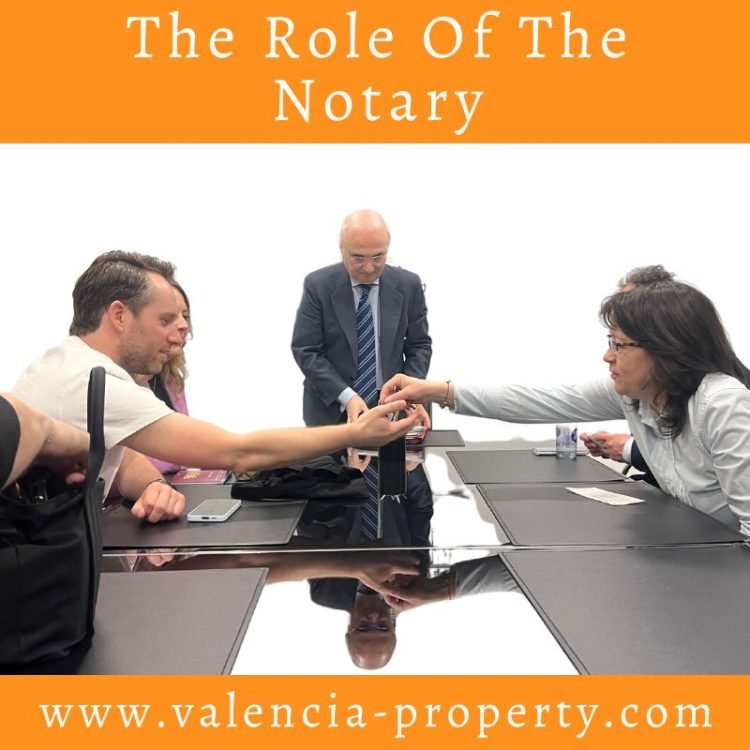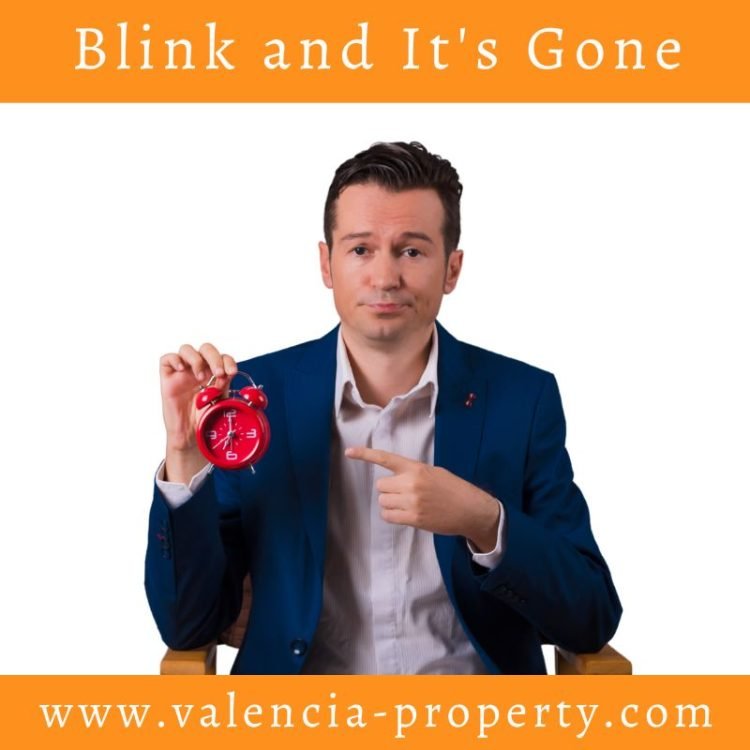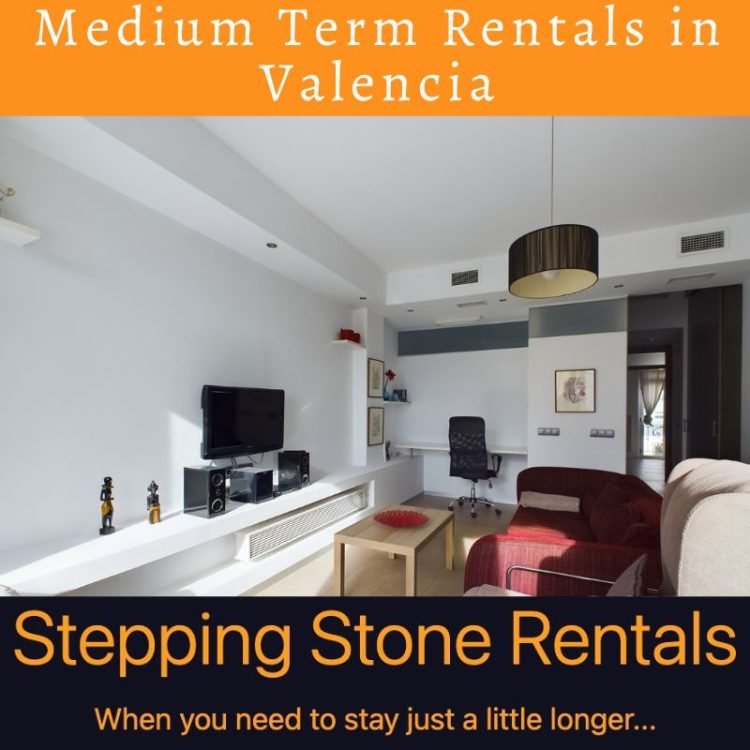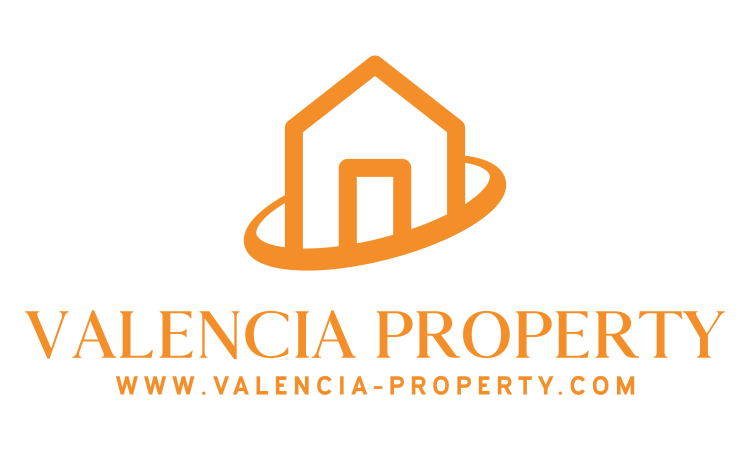Every property transaction in Spain is signed, sealed and delivered at the notary's office. It's where you buy your property and get the keys handed over (usually). It's the end of the process and for many the start of a new life. However, notaries in other countries are rare birds, only seen in specific areas of law and not really a part of the real estate process at all. Here in Spain they are essential so it's important to know what they do for you and also what they do not do because some people think they shouldn't be using a lawyer because the notary will sort it out. That's wrong. First though, let's look at what the notary does do for you.

Responsibilities of the Notary
1) They make sure that the people selling the property are the actual owners on the day of the signing and therefore have the right to sell you the property. This is done via a series of checks through the property registry and checks on the identities of the people selling a property whether they be the owners or the lawyer or person representing the owners through a power of attorney.
2) Make sure that there are no outstanding debts on the property and that any that might be outstanding are cancelled on the day of the signing or have been cancelled prior to the purchase being completed. (See below for why this needs to be done even if you employ a lawyer).
3) Ensure that the people buying are allowed to buy and pay all costs and taxes asociated with the purchase. Allowed to buy? Yes, for example a council house (VPO) cannot be bought by just anyone. You need to be on a register of those in line to get one.
4) Make sure that all local taxes and charges have been paid up to date on the property. Sellers need to provide council tax payments, community certificates, mortgage payment slips and more to show that there are no debts associated to the property outstanding.
5) Inform the property registry and catastro of the change of ownership of the property post sale. As soon as the sale is signed the notary will inform the registry of the change of ownership electronically meaning the seller then cannot go and sell the propery again in a different notary. Most will ask for an original copy of the deed from the seller too to cross out the first page with a big lettered sold written on it just in case.
6) Ensure that anything outstanding in the process is complete and all loose ends are tied up. There may be specific terms and conditions mentioned in the purchase contract or agreed between buyer and seller that need to appear in the final deed document.
7) Keep back any funds required to cancel mortgages, make cancellations in the registry or pay for anything outstanding that needs to be done to make sure the property complies with all legalities required.
8) The notary prepares the final public deed of sale (escritura pública), which is the official document that transfers ownership from the seller to the buyer. This document includes details of the property, the purchase price, and the terms and conditions of the sale.
9) Witness the signing. The notary makes sure that all parties implicated in the sale sign the final deed so that it is legally binding. This may sound easy enough but remember sometimes a property is sold after being inherited and there may be a lot of people signing from the selling side. All part-owners of a property either have to be present to sign the deed or to have legal representation through a Power of Attorney given to somebody who is present, often a family member or lawyer when they are family disagreements!
10) In many cases the notary will act with an internal gestoria to make sure the property is properly inscribed in the property regsitry and catastro in your name post sale. In order to do this you need to pay the tax office their cut and the gestor needs to make sure everything is registered correctly in the property registry and catastro for you. If they do this then the notary will provide you with the details post sale of an account to deposit the funds to pay the tax office, the gestoria, the registry and the notary themselves and they will distribute the funds to where they need to go. This amount will be close to the final amount but it is a provision of funds and is usually slightly higher than the final payments made. At that point the notary will contact you to return any outstanding excess funds.
11) Lastly and most importantly the notary will make everybody else feel underdressed and untidy as they are always presented impeccably without a hair out of place (At least the ones we have used) I reckon they teach this at notary school. At VP we are definitely underdressed in general, we don't do suited and booted as we have said many times before but the only time we feel underdressed is probably at the Notary's office as Spain is pretty casual in most other places.
12) Oh, and one last thing. They keep a copy of the public deed in their stacks for the record. You can go back to the notary at any time and ask to consult anything you think may have been incorrect.
What the Notary Will Not Do
As a general rule the notary will not act for you, the buyer of property, to make sure the property is legal. They check that everything is in place at the end of the process before final signing but you should always be hiring an independent lawyer to represent you and perform the conveyancing process for you, usually before you make any payment to the owners or after placing a reserve that gives your lawyer the time to study the legality of the property, before you make your full deposit.
Online in forums you can find many "experts" telling you to get a notary to represent you and that you don't need to get a lawyer. Try it. 99% of notaries are so busy they never step out of their offices and will definitely not do the conveyancing for a property for anyone who isn't a close family member and even then they'd charge them.
As a rule a notary isn't a bank either. Most do not have a client account where you can deposit funds, make reserves on property or make the final payment for the property from despite what you might read online (Some do and allow you to deposit funds with them but expect a pretty hefty fee for doing this). And remember there is no such thing as an escrow account here. This has become less of an issue in the last year or so with OMF (Bank of Spain) transfers becoming more common than having to go to a bank and get a bank draft to hand over to the sellers at the notary's office. OMF transfers are almost immediate and therefore are becoming more popular as a method of payment.
Most notaries and not bilingual or multilingual so you will need to provide your own translator for any signing at their office. That translator can be an official government approved translator or just someone who you name who translates for you, often your lawyer, agent or a friend. However if the notary doesn't speak your language then your translator will also have to appear in and sign the deed stating that you have understood what you are signing for and the notary's office will have to accept the translator as competent to do the job.
Another thing that is very important to remember is that the notary doesn't know anything physical about the property you are buying usually. If the paperwork in the registry and catastro says that a house you are buying is 100m2 then the notary takes that paperwork as gospel. You on the other hand, your agent, the seller and anyone who has ever visited the property might know that really it has been extended and is over 300m2. The notary won't notice this issue because they do not do surveys, site visits or anything else associated with the sale prior to the notary date. They are there to check that all of the paperwork and all the legalities are correct. If your agent ever says "Don't worry about it, it's not important" get a new agent.
Both your legal representative and the notary need to be informed of any changes like this beforehand so a new build (Or even old build) declaration can be made prior to the signing so the correct size is registered in the property registry (If that is possible). But remember your lawyer needs to be told this so they can include this requirement in the deposit contract. Some owners will refuse to accept responsibility for getting the new build declaration done so once again it's something for you to sort out with your lawyer and buyer's agent beforehand.
Your Lawyer and Conveyancing
You employ a lawyer to do the conveyancing or searches on a property. Some people don't think they need to do this as the role of the notary is to make sure everything is ok on the day of the signing. That's true but your lawyer does the majority of the conveyancing before you put any serious or "earnest" money down, usually your 10% deposit. Once you do that then you usually have a time period to complete maybe 30, 60 or 90 days depending on the agreement between yourself as a buyer and seller. However, a lot of things can change between when you put your deposit down after your lawyer's initial checks and when you go to notary.
Your lawyer may have said "Fine, there are no outstanding debts on the property and it is fully legal" so you put your deposit down, but then the owner can mortgage the house, borrow other funds against the property or have embargoes placed against the property in the intervening time period before your notary date. It is the notary that finds this out when they ask for the Nota from the property registry on the morning of the signing. These debts against the property that may just have appeared need to be cleared or money is retained from the seller in order to pay them off and therefore you buy the property without any outstanding debts, liens or encumbrances.
Equally, if there is a mortgage on the property the notary needs to know the exact amount to cancel from the bank on the day of the signing. This is obviously a different amount from when the deposit was placed because interest is charged daily on any outstanding debt and some monthly payments may have been made in the intervening period.
So there you have it, the role of the notary and what the notary will not do. You learn something new every day right? Now you know what a notary does you will not feel so loathe to pay what they charge for their services. Both buyer and seller pay for the notary’s services so get used to the idea. The costs are not actually too high compared to what the value of this service gives you ensuring clean title to the property you purchase.
The Controversial 50th Valencia Property Podcast
Controversy reigned as we published our 50th podcast last Friday and ran into the wrath of a Trump supporter. I'm guessing it was the last two minutes of the podcast which irritated them. You can listen to the whole thing below or maybe just focus in on the last two minutes if you think that free speech is an absolute right until it offends YOU personally.
In the podcast we focussed on our last blog post about the speed of the market, investigated the latest on the proposed 100% tax on property purchase for non residents, revealed the latest numbers required to apply for the Digital Nomad Visa, looked into "that" CNN article that semi broke the internet last week and give some serious burns to Cristina who was really set up in it and then the controversy reigned as we described a certain convicted felon and bankrupt in ways that at least one person didn't like and we asked the question we always ask, when are you coming to join us here in Valencia?
Valencia Property Podcast Overview
Hey there, Valencia enthusiasts!
It's your favorite podcast here, ready to dish out the latest and greatest from the Valencia Property Podcast. This week, we dive deep into the bustling real estate market, tackle some eyebrow-raising government proposals, and even throw a little shade at a certain CNN article. Buckle up, because this podcast is packed with juicy tidbits you won't want to miss!
🏡 Real Estate Market Trends: The Good, The Bad, and The Ugly
High Demand, Low Supply**: Valencia's property market is hotter than a Spanish summer! Properties are flying off the shelves, making it tough to find affordable rentals.
Economic Factors**: With reduced interest rates in the Eurozone, mortgage payments are more manageable, but rental prices are climbing.
Government Support**: Initiatives to help young people buy homes are adding fuel to the fire.
Immigration Boom**: Digital nomads and other immigrants are flocking to Valencia and Spain in general, driving up demand.
Supply Issues**: A lack of new construction is making the property hunt even more competitive.
🏛️ Government Proposals: A 100% Tax on Non-EU Homeowners?
The Proposal**: A controversial 100% tax on homes for non-EU residents is causing quite a stir.
Reality Check**: Don't panic just yet! This proposal is far from becoming law, and there are ways to navigate the market if you're a non-resident.
🌍 Digital Nomad Visa: New Income Requirements
Updated Thresholds**: The income requirements for the digital nomad visa have been adjusted for inflation. If you're dreaming of working remotely from sunny Spain, make sure you meet the new criteria.
📰 Cristina's CNN Article: A Reality Check
Weather Woes**: Cristina moved to Santander and was shocked by the rain. Pro tip: Do your homework on the local climate!
Cultural Clashes**: Frustrated by meal times and business hours? Embrace the Spanish lifestyle, or you'll miss out on its charm.
Squatter Scare**: Cristina's fears about squatters are overblown. While it's an issue in some areas, it's not a deal-breaker.
Research, Research, Research**: Moving to a new country requires thorough preparation. Don't let unrealistic expectations ruin your experience.
🇺🇸 Political Commentary: Why More Americans Are Eyeing Spain
Frustration with U.S. Politics**: Many Americans are looking to escape the current political climate. Spain's looking pretty good right about now, isn't it?
🎙️ What's Next?
Upcoming Interview**: Stay tuned for our next episode featuring John Wolfendale from EcoVida Homes. We'll be talking all things sustainability and eco-friendly construction in Spain.
That's a wrap for this week's podcast! If you're as excited as I am about the Valencia property market, make sure to tune into the next episode of the podcast too. Got questions or comments? Hit me up — I love hearing from you (Even if you really think I should butt out because it's a bit cringe!)
Property of the Week

"Oh I do like to be beside the seaside"
If that brings back memories of promenades, whelk stands, pleasure beaches, a fun house and freezing cold winds even in the summer then you are British. However over the years the Brits discovered that there are other seaside towns the World over where going to the beach doesn't involve wind cheaters, legs turning blue and getting sand blasted trying not to shiver while eating a totally inappropriate for the conditions ice cream. You could actually live right by the Mediterranean where the sands are golden, the wind tends to be lighter and that wind carries warmth with it.
If the place you buy is like this one, near to the most famous Michelin starred restaurant on the Costa Blanca north, and just a stone's throw away from all of the facilities of Denia including a regular ferry for your jaunts over to Mallorca then you have definitely left behind the deprivations that scarred us for life in Blackpool, Bognor and Skegness.
Set on a 200m2 plot, this 188m2 house packs a lot into that seemingly small space. A semi detached house with garden, pool, outdoor eaiting areas and off road parking and the property itself comprising 5 bedrooms, 3 bathrooms, kitchen living room and an enclosed and rather excellent terrace downstairs and an open terrace above. Lots of bang for your buck, punch for your pound or excellence for your Euro. Come and have a look.
If You Liked This...
Then make sure to click on the images below to be taken to more quality properties, articles and podcasts (Not all ours)
Spain Tourism 2024: Ten Trends
(By Brendan Boyle on Substack)



Our 50th Podcast Again

Valencia Hills 46110. €1.2m

For Fact's Sake 320K





 WhatsApp us
WhatsApp us


